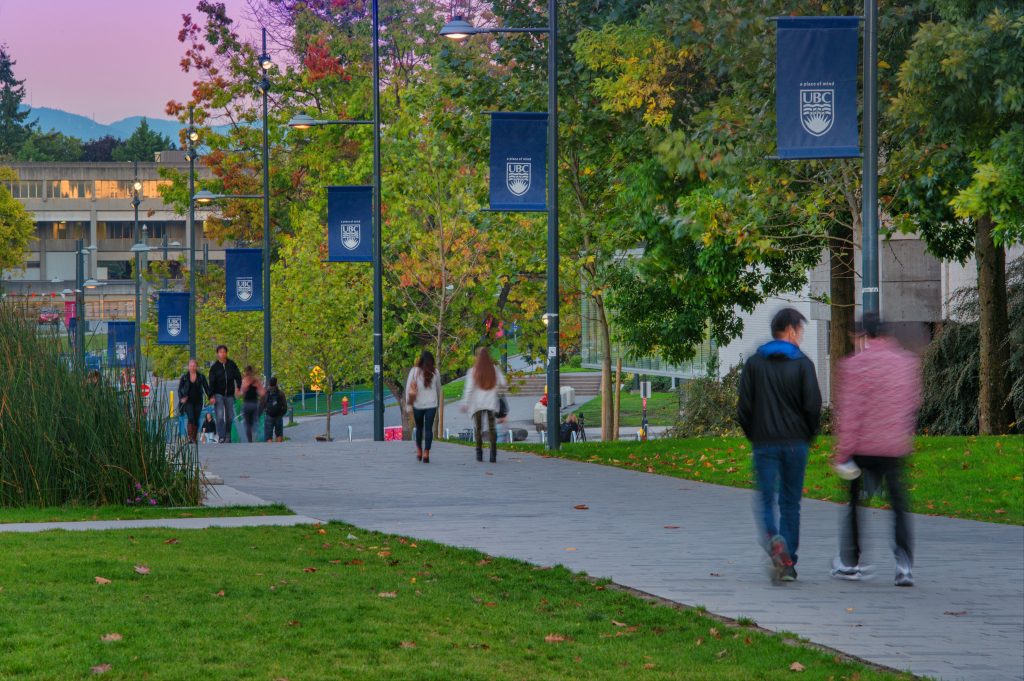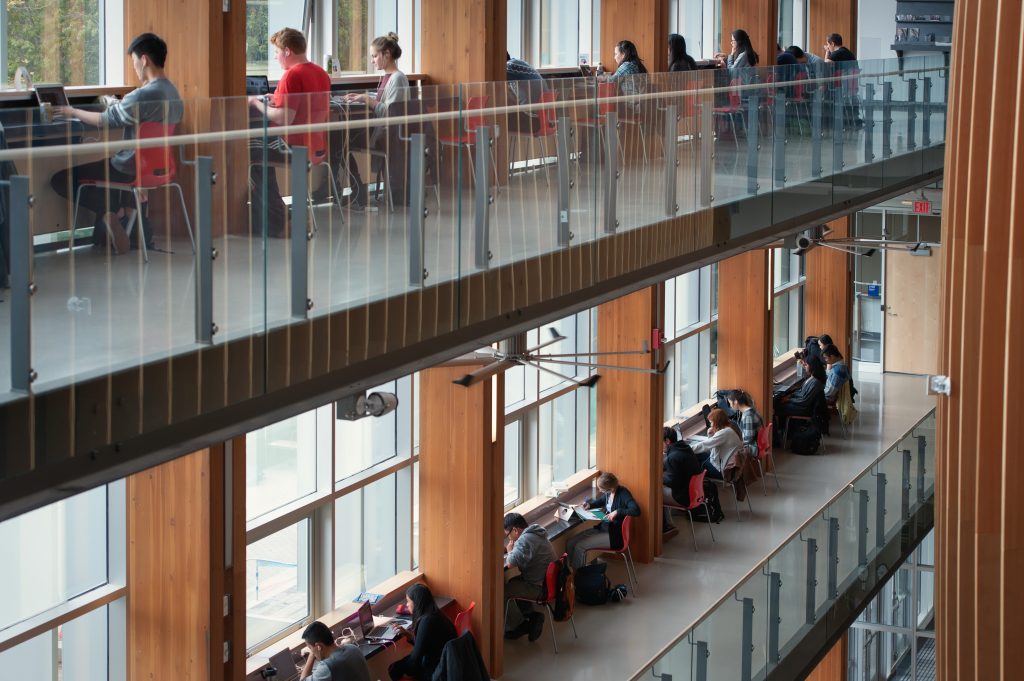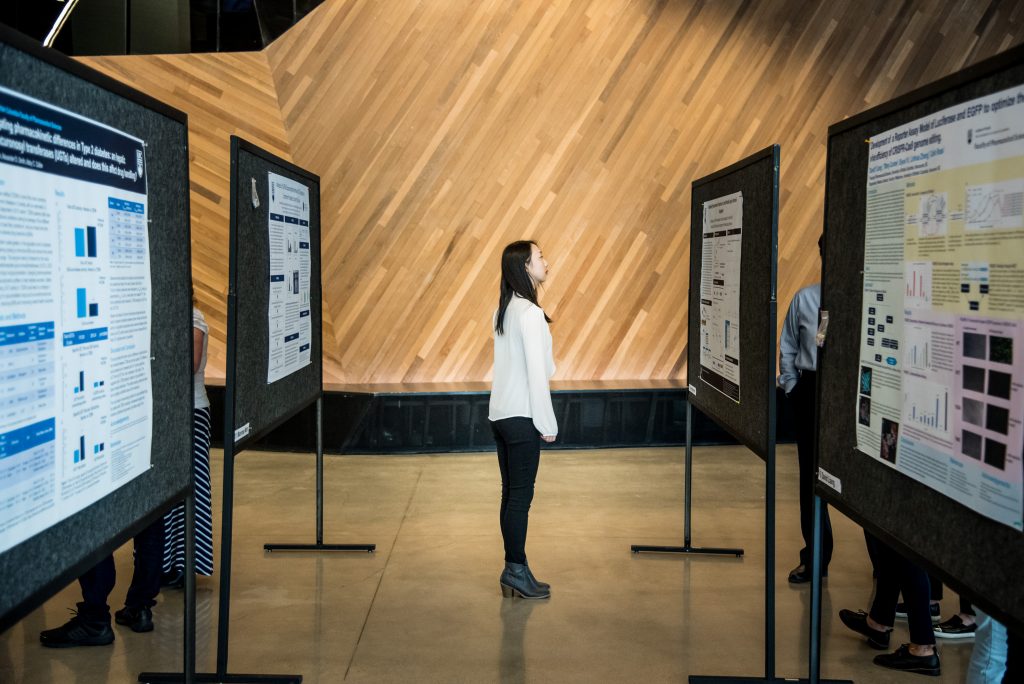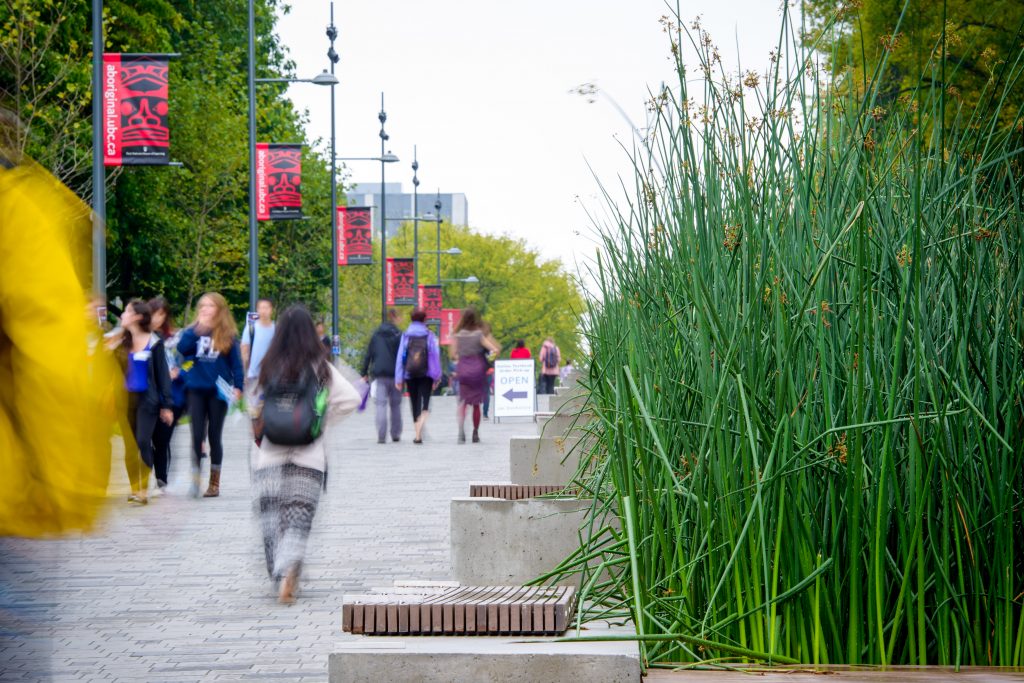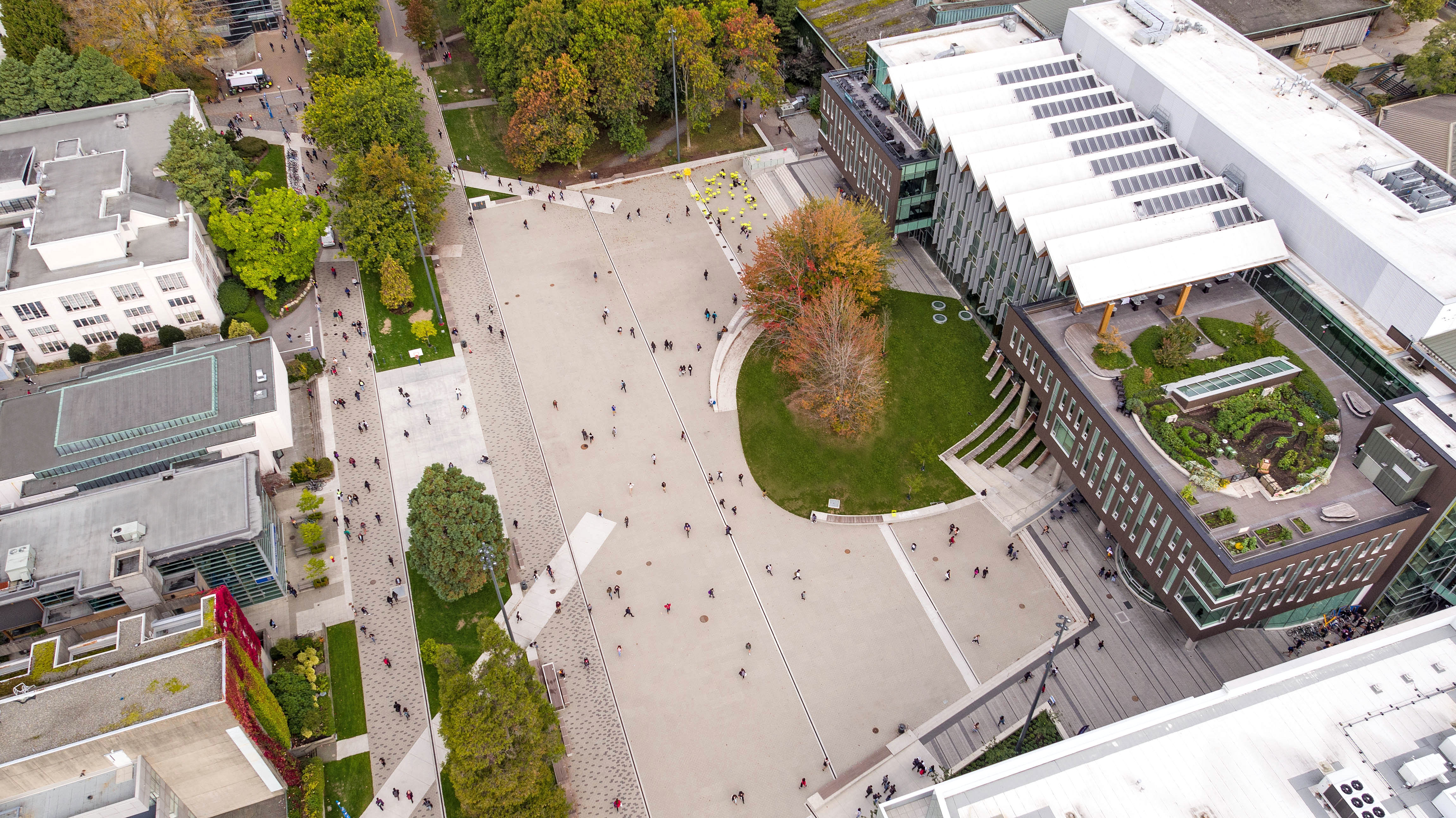Pharmacy school can be tough and it’s important to strike a balance between academics and having a social life. One thing that really makes our Faculty stand out is that we have a variety of clubs within the Faculty, meaning students can engage in extracurricular activities with other fellow pharmacy students too!
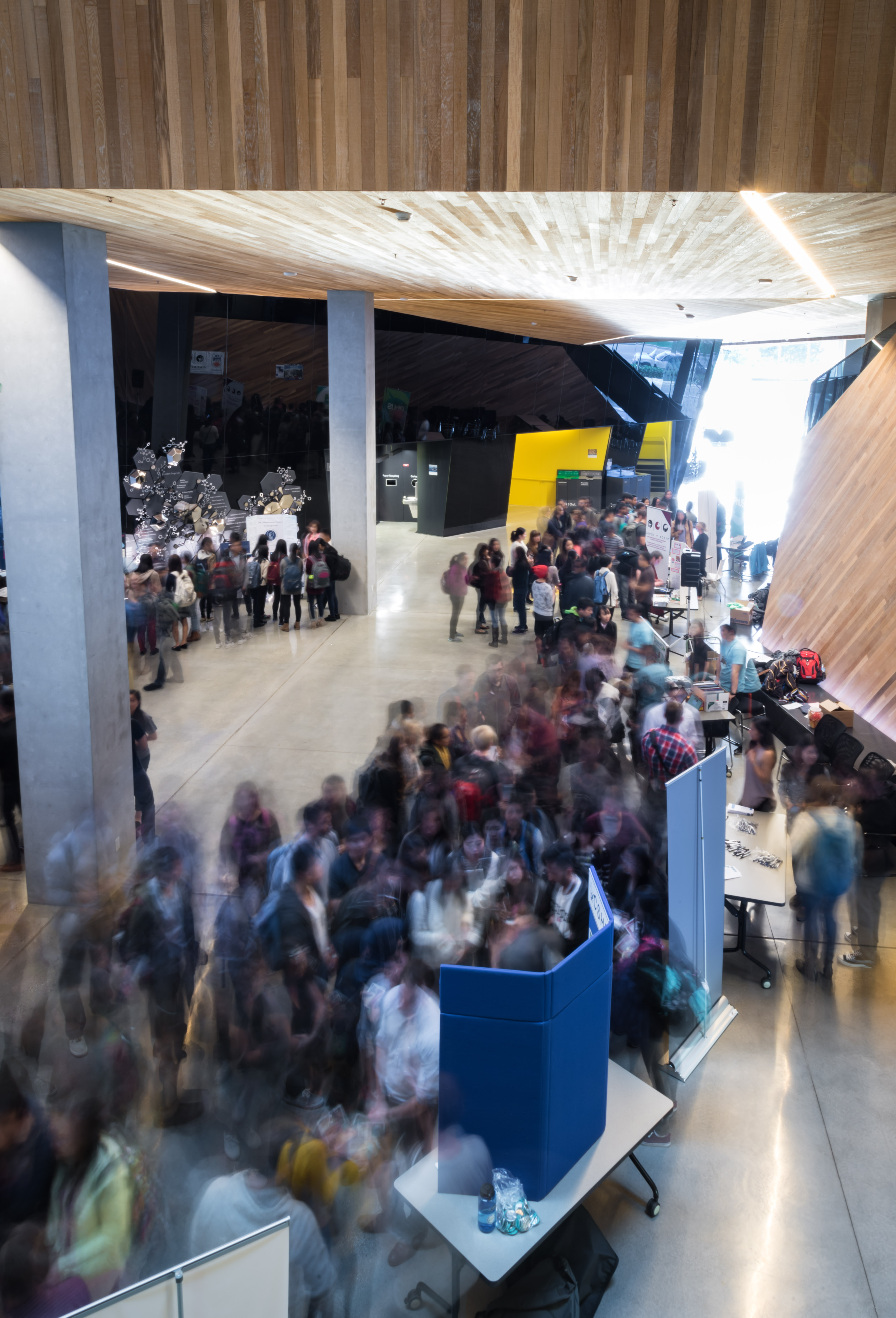
Clubs Night. Photo by Ivan Yastrebov.
Joining a pharmacy club is a great way to make new friends, de-stress from academics, get involved in Faculty events, and possibly develop life skills as an executive member. Third-year pharmacy student, Jonathan Loong, spoke with reps from three clubs to learn more about what they have to offer – and why you should consider joining.
Pharmacy Business Club
What does the Pharmacy Business Club do? Why should students join?
The Pharmacy Business Club is a student-led, student-oriented venture that aims to inspire and educate prospective and practicing healthcare professionals in business-related disciplines. We stand for the advocacy of pharmacy (and for all recognized healthcare professions), innovation in practice, and interdisciplinary collaboration. Our goal is to help healthcare professionals and students foster the skills and creative capacity to facilitate, evolve, and revolutionize patient-centred care, their current or future practice, and the healthcare system as a whole.
What sets your club apart from the others?
All of the clubs within the Faculty are unique and offer something that appeals to the student body. However, we found there was a void between pharmacy business and the resources available to students outside the classroom. The Pharmacy Business Club provides students with the platform to lead any initiative they are passionate about, from food drives to setting up networking events with members from the business community.
What is THE major event or thing that everyone looks forward to?
The flagship event for Pharmacy Business Club is Independent’s Night. We held our inaugural event in January 2018, hosting 7 community pharmacy owners from across the province. We had speakers from Fort St. John, Sorrento, and various cities in the Lower Mainland. The purpose of this event is to promote independent pharmacy ownership. Independent’s Night gives students the opportunity to ask questions directly to the owners in a small group settings.
What is a piece of advice you’d give to potential pharmacy applicants?
Explore. There are many aspects to pharmacy practice, and it can be overwhelming to figure out what stream of the profession is best suited for you. It is a rewarding profession with many different avenues that may be explored.
UBC Vocal Ensemble
What does the UBC Vocal Ensemble do? Why should students join?
The UBC Pharmacy Vocal Ensemble is a club that gets together once a week, to choose and practice songs which we later perform at pharmacy events or our own concerts throughout the year.
Students should ONLY join the vocal ensemble… if they enjoy singing. That is the one thing in common with every member of our club, and absolutely nothing else is a requirement. Heck, if you sing in the shower you can join! If you’re undecided, we strongly suggest that you check out a practice. We are a super laid back group, and everything we do is for fun. There’s no pressure, so feel free to come on by and see for yourself what the club has to offer.
What sets your club apart from the others?
First of all, our faculty does not have much variety in terms of hobby-related clubs. However, what really makes our club unique is that it is the one place where you can gather with your peers in all years of the program, not worry about exams or stress, and just relax and connect with others doing something we all love: singing.
What is THE major event or thing that everyone looks forward to?
Now this may be up for debate, but I have to say the Coffeehouse is THE event to look forward to (in our opinion anyway!) We essentially set up a small homey stage in the pharmacy building atrium, and students from all years of our program come out and showcase their musical talents, while others enjoy coffee, tea, and baked goods over a couple rounds of board games. We have a long list of registered acts, followed by an audience-wide sing-a-long of a popular song that everyone knows. Not only that, but during the open mic session afterwards, many shy students opened up and surprised everyone with huge hidden talent. It really blows your mind to see that this faculty of incredibly capable pharmacy students can do other things too!
What is a piece of advice you’d give to potential pharmacy applicants?
The best way to set yourself apart from other applicants is in the multiple mini interview session. My best advice? Be confident. Decide on how you want to approach each problem before you enter the room, and once it’s time, stick to your decided approach and explain your rationale. Be bold, and don’t be afraid to show some personality. If a station doesn’t go as well as you expected, the second it’s over, purge everything that happened from your mind, reset, and go into the next room, ready to perform.
UBC Pharmacy Yearbook
What does the UBC Pharmacy Yearbook club do? Why should students join?
Joining the Pharmacy Yearbook Club presents a unique opportunity for pharmacy students of any skill level to cultivate design and photography skills. We love to help our members learn, so often senior photographers or layout designers will hold tutorials to teach newer members. Of course, meeting with students from other years and developing friendships is a great benefit, and is key to the teamwork needed to produce a Yearbook.
What sets your club apart?
We are the only club that makes the Yearbook. Not many clubs in Pharmacy involve an artistic/creative aspect, so it is a refreshing change to our pharmacy-filled lives.
What is THE major event or thing that everyone looks forward to?
Valentine’s Day. Not only do we make the Yearbook, but we also organize multiple events. One such event is organizing the candy-grams on Valentine’s Day, during which the whole team works together to take orders, and deliver hand-packaged candies to pharmacy students from their peers.
What is a piece of advice you would give to potential pharmacy applicants?
Develop your non-pharmacy skills, and don’t be afraid to show your creative side. Become a well-rounded student try not to only focus on the academic part of pharmacy.
Questions? Get in touch with these club committees here:
Pharmacy Business Club
UBC Pharmacy Vocal Ensemble
UBC Pharmacy Yearbook
— Jonathan Loong, third-year Entry-to-Practice PharmD student

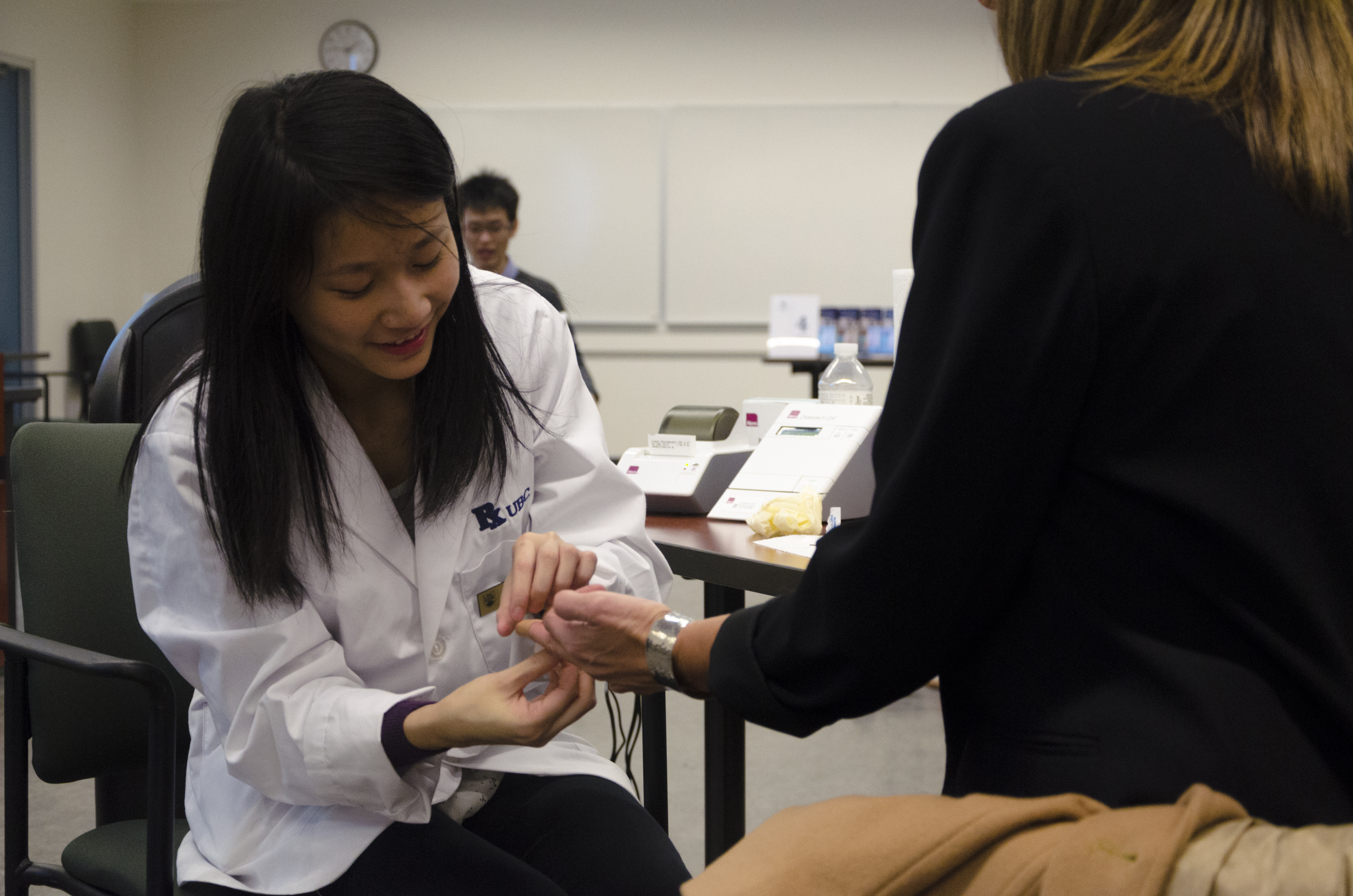

 Follow
Follow

